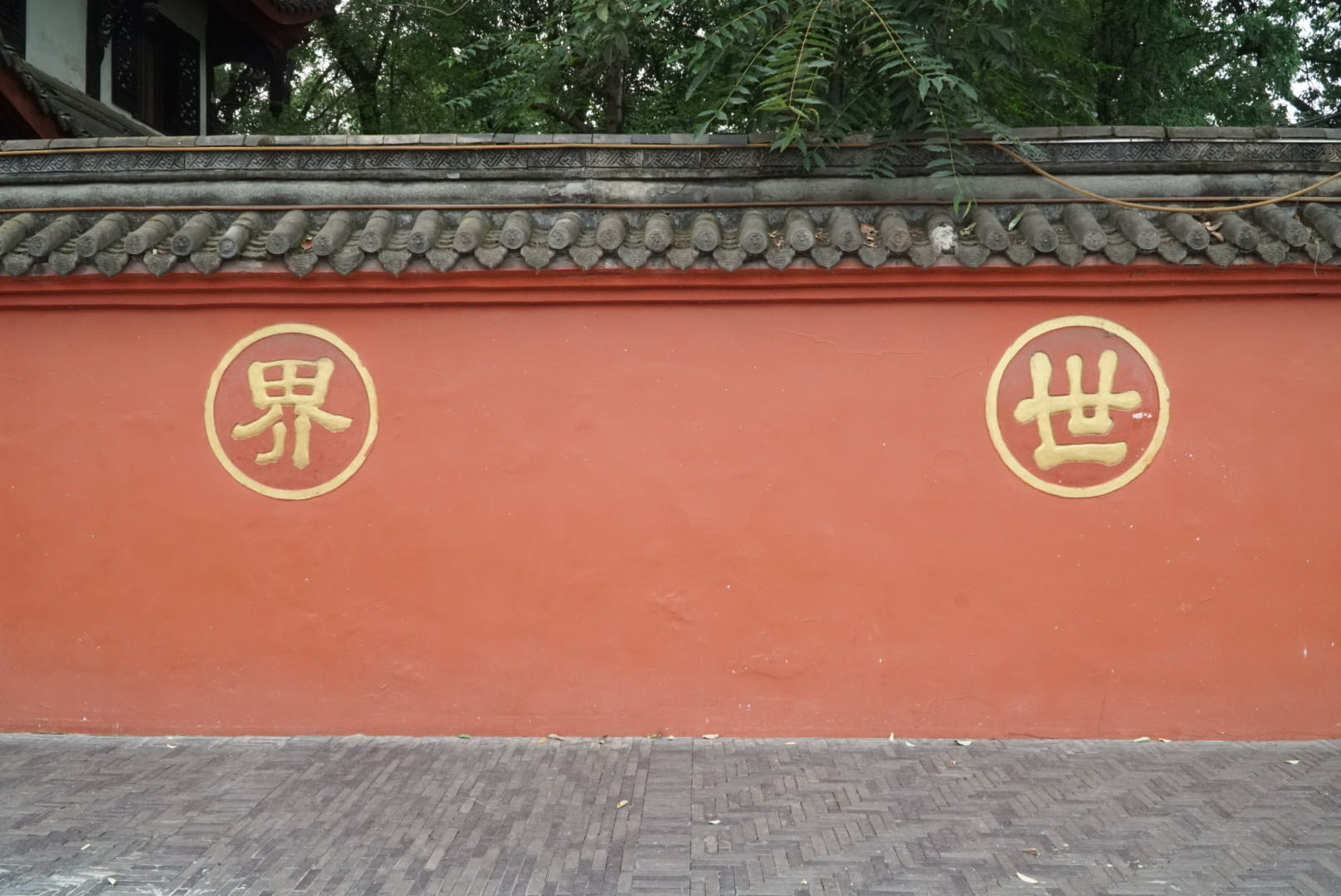October 29th, 4-6 pm, Social Sciences 224
Grace Chae, University of Chicago History PhD candidate
“Drawing the Leaflet Enemy: Semiotics and the Social History of the Psywarrior Imagination”

October 29th, 4-6 pm, Social Sciences 224
Grace Chae, University of Chicago History PhD candidate
“Drawing the Leaflet Enemy: Semiotics and the Social History of the Psywarrior Imagination”
October 19th, Cobb 219, 4-6 pm
Professor Shao Dan, UIUC, Assistant Professor EALC and Gender/ Women’s Studies
“Chinese by Definition: Nationality Law, Jus sanguinis, and State Succession (1909-1980)”
Note: For this date only, the workshop will be held in Cobb 219.
East Asian Transregional Histories Workshop Fall Schedule
Location/Time: John Hope Franklin Room/4-6 pm
October 19th – Professor Shao Dan, UIUC, Assistant Professor EALC and Gender/ Women’s Studies
Title: “Chinese by Definition: Nationality Law, Jus sanguinis, and State Succession (1909-1980)” Note: Location Cobb 219
October 29th – Grace Chae, graduate student in History
Title: “Drawing the Leaflet Enemy: Semiotics and the Social History of the Psywarrior Imagination”
November 5th – Fei-Hsien Wang, graduate student in History
Title: “Hunting Pirates in Beijing (1930-1937)”
November 12th – Professor Akira Iriye, Charles Warren Research Professor of American History
Title: “Transnationalizing East Asian History”
November 23rd – Helen Li, graduate student in Sociology
Title: “Grassroots, Sisterhood and Activism: A revisit of Taiwanese feminist history”
December 3rd – If you would like to present, please contact cfmeyskens@uchicago.edu
Limin Teh
Graduate student in History
University of Chicago
(paper available soon)
“Producing Race in Fushun: Japanese Colonialism and Chinese Labor in a
Northeast Chinese Town, 1906-45”
May 14 Thursday 4-6pm
Social Sciences Tea Room (SS201)
Tani Barlow
Professor of History
Rice University
April 30 Thursday 4-6pm
Social Sciences Tea Room (SS201)
please note we will be meeting Monday rather than Thursday
Louise Young
Professor of History
University of Wisconsin-Madison
April 13 Monday 4-6pm
Social Sciences Tea Room (SS201)
please note we will be meeting on Tuesday rather than Thursday
Fabio Lanza
Professor of East Asian Studies
University of Arizona
with a response from
Bruce Cumings
Professor of History
University of Chicago
March 31 Tuesday 4-6pm
Social Sciences Tea Room (SS201)
“Identity and the Material Dimensions of Public and Private Practice: Archaeology of a Chinese Laundry in New Orleans”
March 12 Thursday 4:00-5:30 pm
Haskell Hall Mezzanine, Room 102
Abstract: While the lives of Asian-American immigrants in the American West have attracted considerable attention from an archaeological perspective, the subject has been little studied in the East, and even less so in the southern United States. Excavations at the site of a laundry operated by a Chinese immigrant in New Orleans, Louisiana, between 1890 and 1920 offer an opportunity to examine the complex place occupied by Asian-Americans in a society increasingly structured by the starkly dualistic racial hierarchy of Jim Crow segregation. Historic documents examined in this paper emphasize the often ambiguous social position of immigrant Chinese in New Orleans culture, with records demonstrating unclear and conflicting racial designations, shifting names, and domestic arrangements that seem to have violated the letter of the law. While in the turn-of-the-century West,early Chinese immigrants appeared to have often maintained a unique or distinctive material culture, both publicly and privately, artifacts associated with the excavated laundry suggest that their counterparts in New Orleans understood the tenuousness of their position in the city. The resident laundryman utilized items that could be characterized as Chinese only in the most private settings of his home life, part of a strategy to avoid bringing attention to any difference that, within the Jim Crow South, would have been interpreted as evidence of a racialized inferiority. In doing so, the immigrant was able to exploit a place in the city both embedded within the fabric of the everyday but testing the possibilities of its margins.